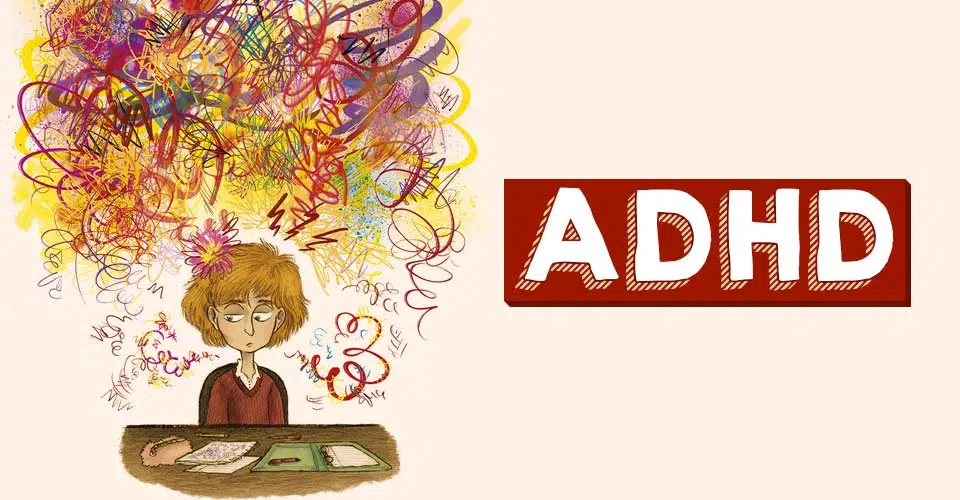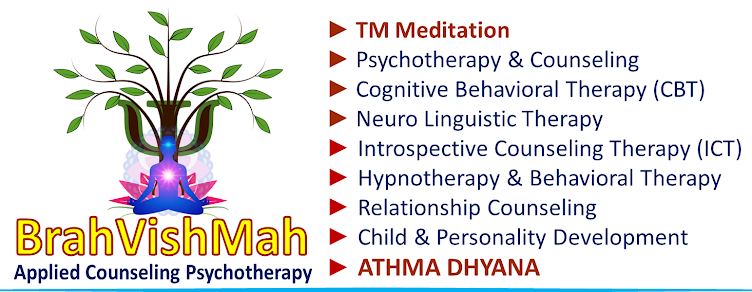
ADHD is a long-term (chronic) brain condition that causes executive dysfunction, which means it disrupts a person’s ability to manage their own emotions, thoughts and actions. ADHD makes it difficult for people to:
1) Manage their behavior
2) Pay attention
3) Control over activity
4) Regulate their mood
5) Stay organized
6) Concentrate
7) Follow directions
8) Sit still
Symptoms in Adults
Some people with ADHD have fewer symptoms as they age, but some adults continue to have major symptoms that interfere with daily functioning
In adults, the main features of ADHD may include difficulty paying attention, impulsiveness and restlessness. Symptoms can range from mild to severe.
Many adults with ADHD aren't aware they have it — they just know that everyday tasks can be a challenge
Adults with ADHD may find it difficult to focus and prioritize, leading to missed deadlines and forgotten meetings or social plans
The inability to control impulses can range from impatience waiting in line or driving in traffic to mood swings and outbursts of anger
Other symptom
1) Impulsiveness
2) Disorganization and problems prioritizing
3) Poor time management skills
4) Problems focusing on a task
5) Trouble multitasking
6) Excessive activity or restlessness
7) Poor planning
8) Low frustration tolerance
9) Frequent mood swings
10) Problems following through and completing tasks
11) Hot temper
12) Trouble coping with stress
Treatments and Therapies
1) Medications: ADHD medications reduce hyperactivity and impulsivity and improve their ability to focus, work, and learn. Sometimes several different medications or dosages must be tried before finding the right one that works for a particular person.
2) Stimulants: The most common type of medication used for treating ADHD is called a “stimulant.” Although it may seem unusual to treat ADHD with a medication that is considered a stimulant, it works by increasing the brain chemicals dopamine and norepinephrine, which play essential roles in thinking and attention.
3) Behavioral therapy: It is a type of psychotherapy that aims to help a person change their behavior. It might involve practical assistance, such as help organizing tasks or completing schoolwork, or working through emotionally difficult events.
4) Cognitive behavioral therapy: It helps a person learn how to be aware and accepting of one’s own thoughts and feelings to improve focus and concentration. The therapist also encourages the person with ADHD to adjust to the life changes that come with treatment, such as thinking before acting, or resisting the urge to take unnecessary risks.



No comments:
Post a Comment